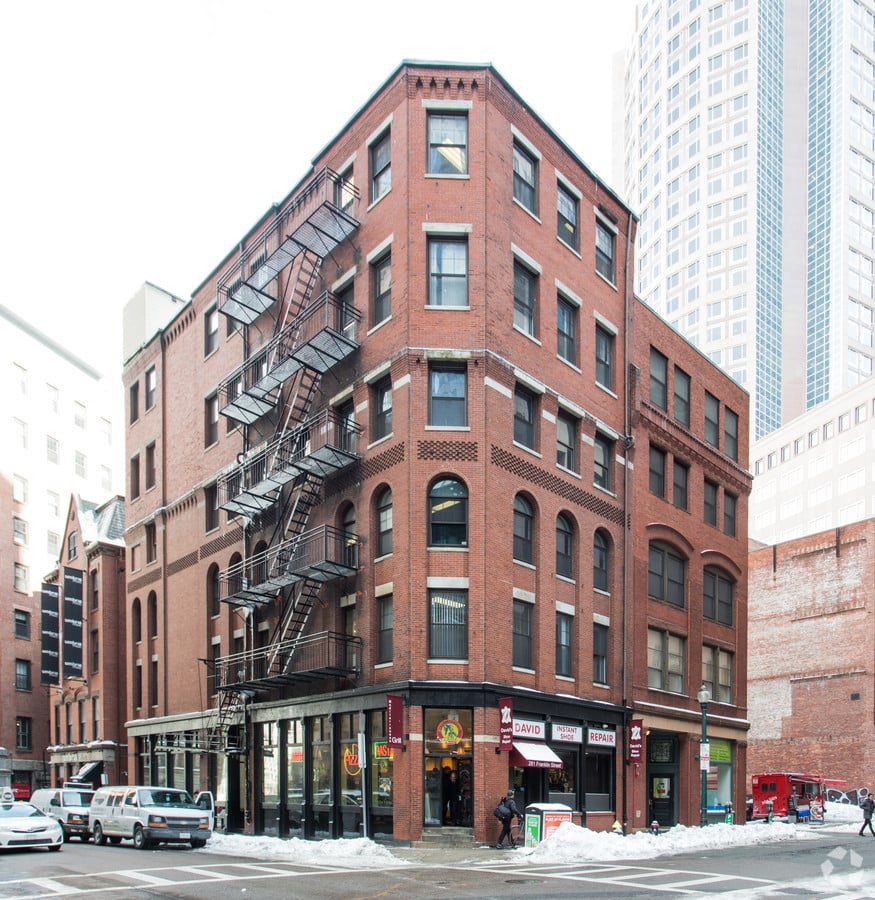Banker & Tradesman
New member
- Joined
- Aug 27, 2024
- Messages
- 43
- Reaction score
- 388
This week, we've got a news story and an opinion piece looking into why Boston's seen so little office-to-housing conversions when other cities are seeing a lot more success.
In theory, Gensler (the architecture firm that's done the most modeling, surveying and actual design work on these sorts of things), says between 3 million and 5 million square feet of Boston's 70 million-square-foot downtown office market could support a conversion, but we've only seen ~500,000 square feet worth of projects so far, give or take.
In part, it's money (and affordability requirements):

 bankerandtradesman.com
bankerandtradesman.com
But another big factor, writes the co-head of Gensler's Boston office, is the small size of our office market relative to places like NYC:
 bankerandtradesman.com
bankerandtradesman.com
But maybe an even bigger issue is that there's a decent amount of fear out there whether consumers will take to a large-scale conversion like the NYC ones that have gotten so much press, he says:
In theory, Gensler (the architecture firm that's done the most modeling, surveying and actual design work on these sorts of things), says between 3 million and 5 million square feet of Boston's 70 million-square-foot downtown office market could support a conversion, but we've only seen ~500,000 square feet worth of projects so far, give or take.
In part, it's money (and affordability requirements):

Boston’s Conversion Conundrum
Tens of millions square feet of office space across America is undergoing conversion to apartments. So why is Boston seeing so little conversion activity?
But another big factor, writes the co-head of Gensler's Boston office, is the small size of our office market relative to places like NYC:
‘Fear Factor’ Deters Residential Conversions in Boston
Boston office conversions are happening at a much slower pace than in New York City. That's partly because the city supports them more.
New York simply has a much larger volume of buildings to work with. The city’s five boroughs comprise nearly 730 million square feet of office space, with the vast majority – 82 percent, or about 600 million square feet – located in Manhattan. This gives developers a broader range of potential properties to evaluate for conversion.
But maybe an even bigger issue is that there's a decent amount of fear out there whether consumers will take to a large-scale conversion like the NYC ones that have gotten so much press, he says:
One of the biggest challenges in Boston is the fear factor associated with being the first to undertake a large-scale office-to-residential conversion. Most of Boston’s current conversions are relatively small in scale. In contrast, New York has already seen substantial conversions. Developers in New York have had the benefit of seeing these large-scale conversions succeed, which reduces perceived risk for future projects.




